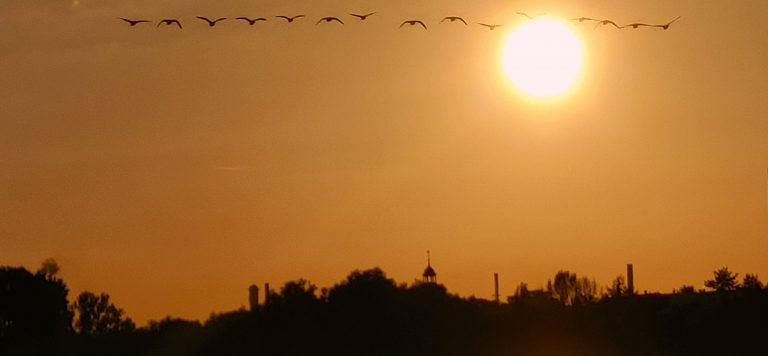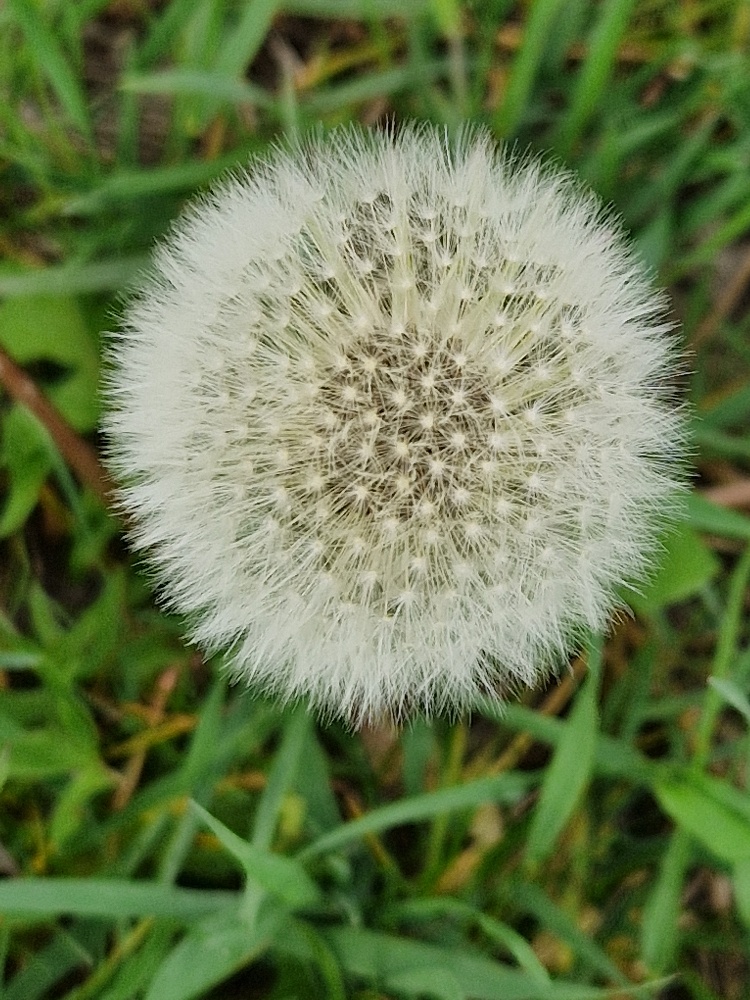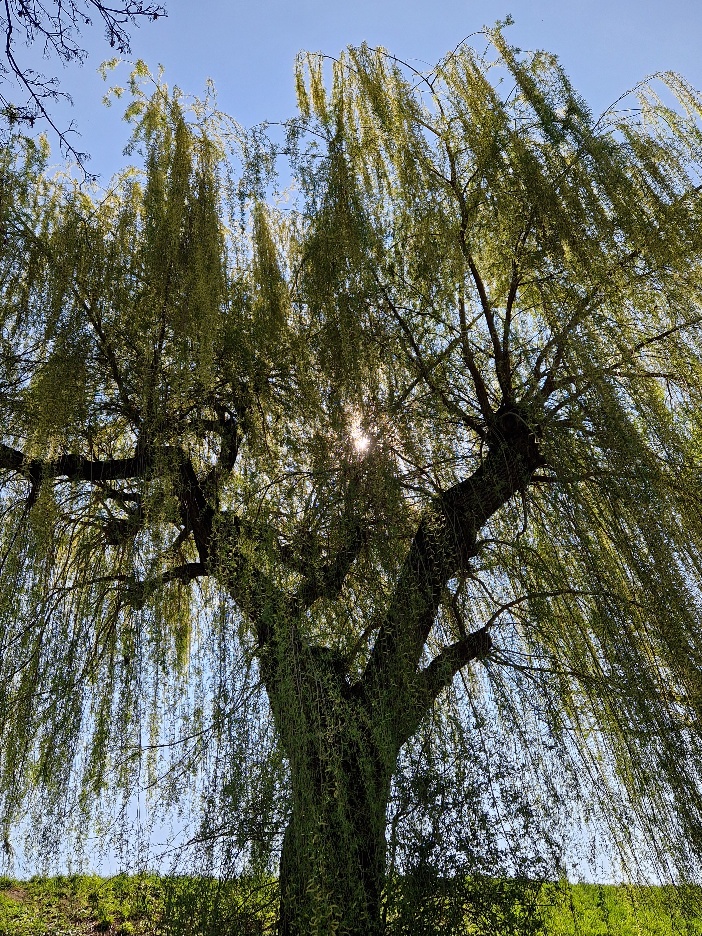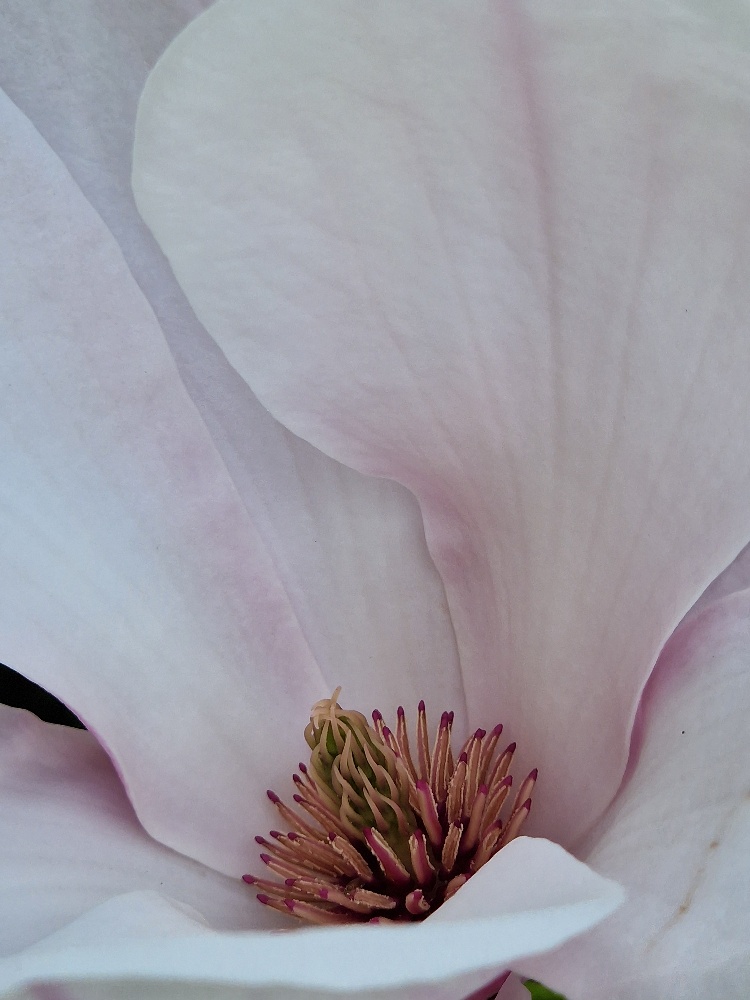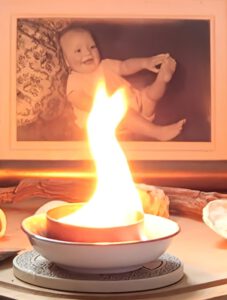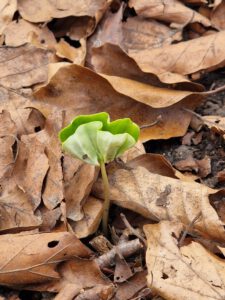Lonely, lonely, lonely, lonely,
A story with a middle only.
Paul Durcan, contemporary Irish poet
We get to choose between being apart from or a part of.
Chuck C, A New Pair Of Glasses
Why do we get disconnected? Because it’s too painful to be ourselves.
Dr. Gabor Maté
The original 15th Century meaning of the word individual is `inseparable, not to be separated´. In the meantime, however, we have given it the totally opposite meaning. When we speak of individualism in the 21st Century, we refer to `self-made´ men and women, people going it alone, no longer dependent on the collective or even interested in dialogue with others. In the meritocracy of late-stage global turbo-capitalism, it is `every man for himself´, `dog eat dog´, and a competitive race to the material summit, come what may.
Like most mammals, we humans are social animals. The fact that, when newly-born, we are the most helpless of mammals, dictates that our survival depends on community and cooperation. Were we not able to work together in hunting, growing food, building villages and establishing societies, we would probably not have made it this far as a species.
So far, so good, you might, or might not, say. But as we now all face the real existential threat of global warming, and having experienced the extensive divisive damage to our societies and the erosion of civil liberties resulting from the bungled political response to the first pandemic in a century, many of us have become more acutely aware of our interdependence, both in the human realm and, beyond that, with all of creation.
As a child growing up with my parents and nine siblings, I often felt lonely. This resulted from my feeling overwhelmed by the world as a whole and our household in particular. My protection was to withdraw from what was going on around me, mainly through day-dreaming. This is how I found soothing, in the stead of the emotional holding I would have preferred but did not receive, either because it was not available, or I had already closed my self to the possibility, or both. I became convinced that my needs could never be met by others so, changing tack, pursued an autonomous path. As a highly functioning child, I was able to achieve many of the practical goals set by my self and others. The emotional side of my being, however, suffered from the lack of real intimacy with my family, friends, and peers.
An exaggerated sense of self-reliance is also a typical response to trauma. Even when the trauma has been buried, more or less successfully, out of sight, the dysfunctional response remains with us throughout life. We talk it up, of course, since it does fit well in the Zeitgeist or may even be its origin. It is only when the trauma screams so loud that we have no option but to turn and face it, that this becomes apparent.
Emerging from childhood in this defiant self-reliance, I discovered another source of soothing in my adolescence, that of alcohol, weed and partying. From the get go, loss of control was an issue. With my stubborn mindset, I took it upon my self to crack the nut and `learn to drink like a gentlemen´. Of course, I did not have the knowledge about addiction that I have today; that addiction is a progressive, terminal disease of body, mind, and spirit. I simply thought I was morally defective and a social misfit. My obstinacy and drive of self-will, coupled with denial and, later, even delusion, doomed me to the downward spiral of evolving addiction. A false belief system, which included such notions as `there is no place for me´, led to impaired thinking (I’ll keep it under control this time), followed by addictive acting out (the binge) and eventually unmanageability. The unmanageability confirmed the belief system and the dynamic began to self-perpetuate, taking me ever deeper, spiritually, with each cycle.
My high functioning coupled with a good bit of luck helped me avoid the common ramifications of sustained addiction (job losses, drunk driving convictions, psychiatric wards, even prison or early death) so my looming spiritual bankruptcy and burnout went unnoticed by most of those people I encountered in my day to day activities.
When they did materialise, everybody was shocked, not least my self. I thought I was doing pretty well in an antagonistic world, working towards financial independence for my self and my young family. But of course, living life on Patrick´s terms was doomed to failure. Circumstances conspired to bring down my house of cards in the long hot summer of 2003. By the start of the following winter, my marriage was on the rocks, I was no longer living under one roof with my children, my career was over, job lost and I had admitted that I was a addict and had asked for help.
This is when I discovered that I did not have to walk the path of life, and specifically that of recovery, alone. I had had to knock on the door my self, of course, but once I had, it was opened, and a global community of people in recovery welcomed me into its bosom. I was intrigued to meet people who had been as desperate as I now felt, who told me that they too had been in that hell but had found a way out; a solution which they were not only willing but even eager to share with me.
The seeds of the anonymous recovery community which has grown up around the Twelve Steps were sown in 1935, when one alcoholic who had succeeded in quitting met another who desperately wanted to get sober. They made the discovery that when alcoholics helped each other, using simple psychological tools and spiritual principles, both benefitted greatly in achieving and sustaining sobriety. When the community had grown to over a hundred by 1939, they published their ideas in the so-called Big Book of AA, one of the world’s best-selling books of the 20th Century. The fellowship has now grown to span the globe with several million members in the original AA fellowship and more in numerous related fellowships dedicated to tackling the sheer endless manifestations of addictions known to humankind. These include narcotics, overworking, sex, co-dependency, overeating, gambling, screen addiction, and many more.
These fellowships offer guidance, support and friendship to those who wish to become liberated from the scourge of addiction. The only requirement for membership is the desire to stop. There are no dues or fees, no hidden agendas, no axes to grind, no hierarchy, no rules and no obligations. What you will find is a forum where you can share your burdens, where others will listen and often nod, not in approval, but in the recognition of the woes that are being expressed, for all have been through the wringer in their own individual ways, and can identify with the stories shared. And you will find the solution which has worked for those who now live in sobriety, one day at a time. An integral part of the solution is the paradox that `in order to keep it, you have to give it away´. Thus, the fellowship grows ever outward from its original source, being passed on for fun and for free from one generation of addicts desiring sobriety to the next.
The ramifications of (re)discovering fellowship go way beyond the Twelve Step communities. Families become reunited, healthy relationships blossom, and friendships are renewed. Those of us who had become loners – a destiny awaiting all addicts – take our place once again in society, now conscious of and eager to experience our connection with each other and all of creation.
The belonging we had been seeking in all the wrong places can now be experienced in a loving, healthy manner. We have returned home at last.

